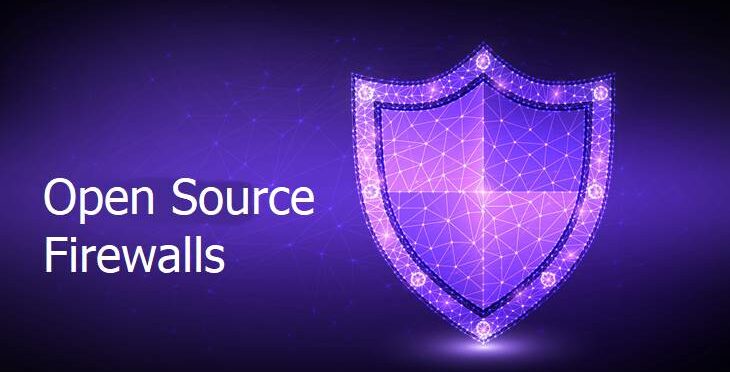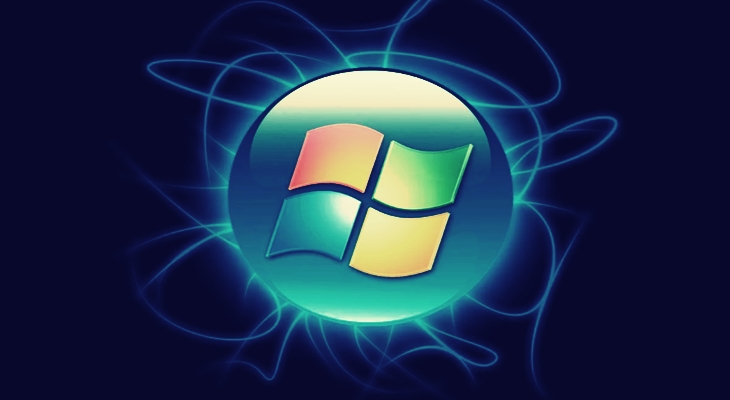Companies are always looking to improve their cybersecurity, and next-generation firewalls have taken them to the next level. And open-source firewalls have played their bit by helping out the start-ups and small scale industries.
We will be discussing some of the best open-source firewalls that can boost your network security in 2020.
List of the Best Open Source Firewalls
pfSense is amongst the best open-source firewalls around. It supports Windows and Linux as well. Let’s look at some of its key features.
Key Features:
- User authentication
- Content filtering and proxy filtering capabilities
- Multi-WAN load balancing
- GeoIP blocking
- Anti-spoofing
Pricing:
Even though the firewall is free of cost, you need to pay for the firewall device or cloud storage. It starts from $300 for a physical device, and the cloud version starts from $0.08 per hour.
OPNsense is an easy to use set up, open-source firewall. It supports both Linux and Windows. Let’s look at some of its key features.
Key Features:
- Forward-caching proxy
- Two-factor authentication
- VPN support
- Network flow monitoring
- Support of plugins
- Dynamic DNS
- Highly encrypted configuration backup
Pricing
Its core version comes free of cost, but you need to pay the charges for the device.
It also offers a business edition, which is a paid version. You need to get in touch with the sellers for a detailed quote.
Untangle’s NG Firewall is also one of the most commonly used firewalls. It supports Linux and Windows as well. Here are some of its key features.
Key Features:
- Deep analysis
- Valuable insights
- Proactive measurements to fend off threats
- Comprehensive gateway security
- Next-generation filtering capabilities
- Access to remote sign-in
Pricing
It offers a free version and a paid version as well. The free version comes with limited capabilities while the paid version unlocks full features.
The paid version costs based on usage, number of systems protected, and the license term. Typically, it starts from $270 for 12 devices and increases with the increase in devices and usage.
Smoothwall offers complete protection to your business. It is one of the next-gen firewall category (NGFW) and supports both Windows and Linux. Let’s take a quick look at some of its key features.
Key Features:
- Gateway security with anti-malware
- Effective management of outbound traffic
- Ease of integration with cloud and on-premise servers
- Effective bandwidth management based on network rules
- Supports multiple WAN connections
Pricing:
As a commercial open-source NGFW, it offers a free version and a paid version. It comes with a perpetual license and a term-based license as well. For detailed pricing, you may need to contact the resellers.
In the free version, you can maintain, monitor, and customize the firewall. For a paid version, you get support for these essential activities.
Endian Firewall is an open-source turnkey Linux based solution that is easy to configure and deploy. Here are some of its key features.
Key Features:
- Offers mail and web security
- Email filtering
- Easy and secured remote access with VPNs
- Dynamic threat and assessment reporting dashboard
- Dynamic notification system to prevent threats
- Intrusion prevention system
- Offers Multi-WAN
Pricing:
It comes in two versions, namely "Endian Firewall Community" and "Endian UTM professional." The community version is free of cost, but you need to do maintenance and up-gradation manually.
The professional version is a paid version, and it offers support, upgrades, etc. It also offers a free trial. For a detailed quote, you need to contact its resellers.
ConfigServer Security & Firewall is more commonly known as CSF. It is a predominantly Linux-based firewall. Let's have a quick look at some of its key features.
Key Features:
- OpenSSH
- Threat protection
- Advanced login failure checks
- Simplified multiple connection blocking
- Easy and effective content filtering
- Single sign-on
- Remote deployment
Pricing:
It is open-source and free of cost.
Also Read: 7 Advantages of Next-Generation Firewall
Uncomplicated Firewall is commonly known as ufw. It is a Linux-based firewall. Let us look at its key features.
Key Features:
- Ease of integration with servers
- Easy to deploy
- Ease of setting up rules
- Remote login
- Route packet filtering
Pricing:
It is an open-source tool and comes free of cost. But you need to purchase the device to implement the firewall (if you don't have it already).
IPFire is also a Linux-based firewall. It is also one of the most widely used firewalls. Here are some of its key features.
Key Features:
- URL filtering
- Dynamic server support
- DNS forwarding
- Tools to monitor and analyze system health management
- Full-fledged web proxy
Pricing:
It comes with both the free and paid version as well. The free version doesn't offer support or upgrades. And the paid version offers support, upgrades, and deployment. It starts at $0.04 per hr.
It is also a Linux-based firewall, and it comes under the open-source new generation firewall. Its key features are mentioned below.
Key Features:
- Strong intrusion detection and prevention capabilities
- Offers a free VPN
- Supports email filtering and prevents suspicious activities
- Offers support to multiple systems
- Strong network security
Pricing:
It offers free versions and paid versions as well. The paid versions have different plans; Bronze, Silver, and Gold subscriptions.
The Bronze (Professional Basic) version costs around $108 per year. While the Silver (Professional Standard) costs around $388 per year, and the Gold (Business) version costs around $588 per year.
IPCop is an open-source Linux-based firewall. Let’s take a quick look at some of its key features.
Key Features:
- DHCP server
- Squid web proxy
- Intrusion detection and prevention system
- Offers IPSec
- Free S/WAN and supports Multi-WAN
- SSH server
Pricing:
IPCop is an open-source firewall and comes with both free and paid versions. Its paid version costs $99 per year for ten devices, and the price increases with the increase in the no. of devices.
Shorewall is a Linux-based open-source, new generation firewall. Here are some of the key features.
Key Features:
- Netfilter allows ease of tracking and monitoring threats
- Allows network partition and role-based access management
- Supports multiple systems and a high number of network interfaces
- Complete customization to modify the firewall as per requirements
- Blacklisting the set of IPs
- Traffic accounting and mapping
- Ease of virtualization
Pricing:
It is open-source and free of cost as well.
VyOs is also a Linux based firewall that is easy to operate and deploy. We have mentioned some of its key features below.
Key Features:
- Simplified intrusion detection system
- Ease of data backup and load balancing
- Offers a network address translation system
- Offers VPN
- Offers DHCP, web proxy, and TFTP server
Pricing:
It comes with both the paid and free versions. The paid version costs around $0.05 per hour. It also offers a free trial.
Key Takeaways:
From the above examples, we can see that open-source firewalls are gaining popularity and are amongst one of the emerging technologies in network security.
Also Read:
Best Open-Source Augmented Reality Applications
Top 6 Open Source TTS Engine





